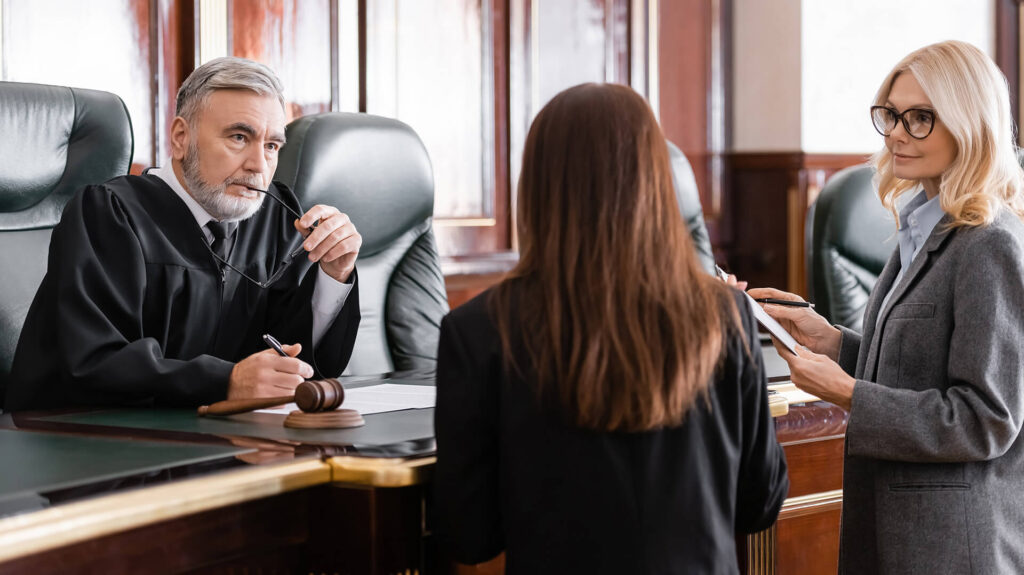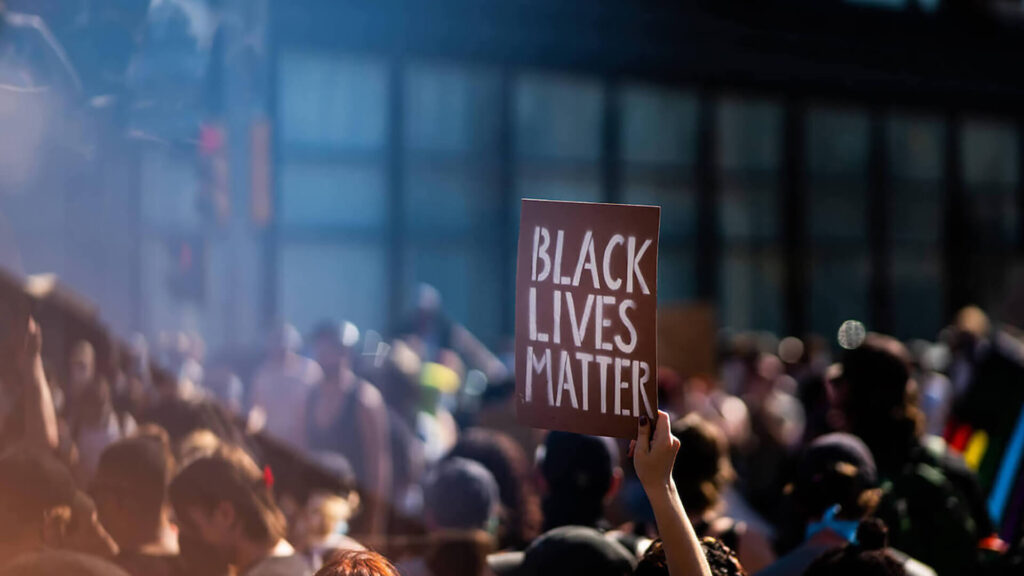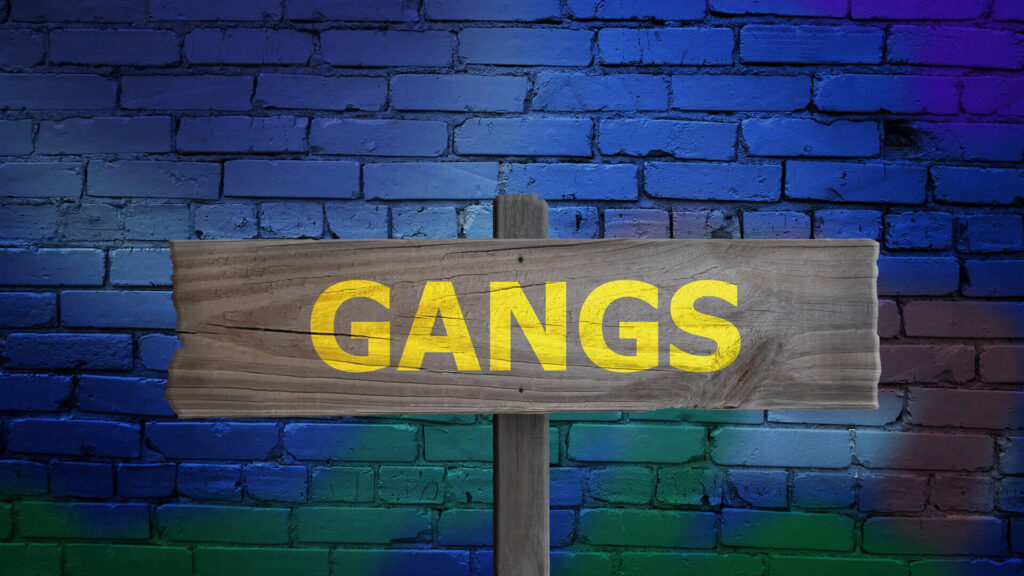Absolute Power Corrupts Absolutely
As a minister and attorney, I know God demands fairness and equity. The Bible includes verses like Proverbs 29:7, which says that righteous people care about the legal rights of the poor, while the wicked do not understand justice.
And in Isaiah 10:1-2, the prophet Isaiah delivers a message of judgment and condemnation against those who enact unjust laws and oppressive decrees. The passage begins with a proclamation of “woe,” expressing grief, distress, and impending judgment.
Isaiah infers unjust laws lead to the deprivation of the rights of the poor and the denial of justice for the oppressed. He portrays perpetrators as taking advantage of vulnerable groups, specifically widows and fatherless children, exploiting and robbing them for personal gain.
This passage highlights injustices visited against marginalized members of society. It emphasizes God’s displeasure with those in authority who abuse their power and neglect their responsibility to protect and support the most vulnerable.
Power corrupts and absolute power corrupts absolutely.
Lord Acton Tweet
What does this mean for prosecutors
Applying these Biblical principles to the criminal justice system, we need to examine the role of prosecutors because they hold significant power. They have more influence than judges or jurors in determining who gets convicted and who doesn’t. Often, they focus more on securing convictions than seeking true justice, and they typically enjoy immunity for their actions. Thankfully, Texas enacted the Michael Morton Act to provide some protection against unfair prosecutorial conduct.
My experience with prosecutors as a criminal defense attorney
I have encountered various prosecutors throughout my fifteen years as a criminal defense attorney. While most have been white, there have also been some Black, a few Latino, and Asian prosecutors, especially in Dallas County. There are plenty of racist prosecutors, but I cannot say the prosecutors I sparred with were explicitly racist. Yet, research shows everyone possesses implicit biases. Angela J. Davis, in her book Arbitrary Justice: The Power of the American Prosecutor, points out that even unintentionally, the prosecutorial process can lead to unfair outcomes based on factors like race and class.
During my career, I have witnessed and fought against the biases prosecutors hold. Many of my accused clients were black and economically disadvantaged. Some were so poor that the court appointed me as their attorney. In these cases, I ensured that their lack of resources did not compromise the quality of their defense. Additionally, I did not allow my clients’ financial status to influence the prosecutors’ actions. Whether my clients were homeless or wealthy, I fought for their rights with equal passion and dedication, sometimes even more so.
I vividly remember a case involving a homeless client accused of stealing a small piece of metal worth less than a dollar from a railroad track. Shockingly, the prosecutor wanted to sentence him to 18 months in prison, which would have cost the citizens of Dallas County around $25,000. I strongly opposed this unjust asinine punishment, and after a long battle, the prosecutor finally agreed to release my client based on the time he had served.
To address the excessive power of prosecutors, especially their disproportionate impact on poor African Americans, we must take a few political actions to establish checks and balances. Here are four recommendations:
The hands that once picked cotton now pick presidents [and prosecutors].
Rev. Jesse Jackson Sr. Tweet
1. Vote
Most district attorneys are elected, so our voices or votes have significant consequences both at a national and local level. By voting for individuals who value fairness and prioritize justice above convictions, we can elect district attorneys who will hold their prosecutors accountable. If a district attorney fails to fulfill this critical duty, we can and should vote them out of office.
2. Organize
However, voting alone is not enough. African Americans must also proactively organize their efforts to rein in prosecutors. It is not enough to react to high-profile cases. Instead of waiting for incidents to occur, taking preventive and proactive action is crucial. Organizing helps us collectively fight for justice.
3. Engage
Organizing alone is not sufficient either. After voting and organizing, African Americans should establish regular engagement and communication with the District Attorney’s office. These engagements should be meaningful and focused, with specific goals and objectives. Soon the district attorney will understand from our voting, organizing, and engaging that we hold his tenure as DA in our hands. As Rev. Jesse Jackson says, the hands that once picked cotton now pick presidents and prosecutors.
4. Lobby
Prosecutors often claim they lack the power to bring about systemic change because the legislature controls everything. This claim is partially valid. Therefore, African Americans must lobby their legislators for criminal justice reform, including demanding checks on prosecutorial power. We must actively participate in decision-making processes at the state and local levels since they affect our lives, communities, and children. Organizations that engage with District Attorneys should also lobby their state legislatures. That way, African Americans demand fairness on all political power levels.
Conclusion
Safe communities are a shared aspiration, and prosecutors have a crucial role in achieving that goal by vigorously prosecuting dangerous individuals. However, the pursuit of safety or the fear of crime should not give rise to unchecked prosecutors within the criminal justice system. It is a well-known truth that power corrupts, and absolute power corrupts absolutely.
Our Constitution commences with “We The People” because it emphasizes that government officials, including prosecutors, are meant to serve the public and uphold fairness rather than acting as despots or kings. By combining spiritual principles with practical actions, we can effectively implement God’s call for justice and equality in our criminal justice system. It is our responsibility to ensure that prosecutors operate within the boundaries of fairness, accountability, and respect for the rights of all individuals.



